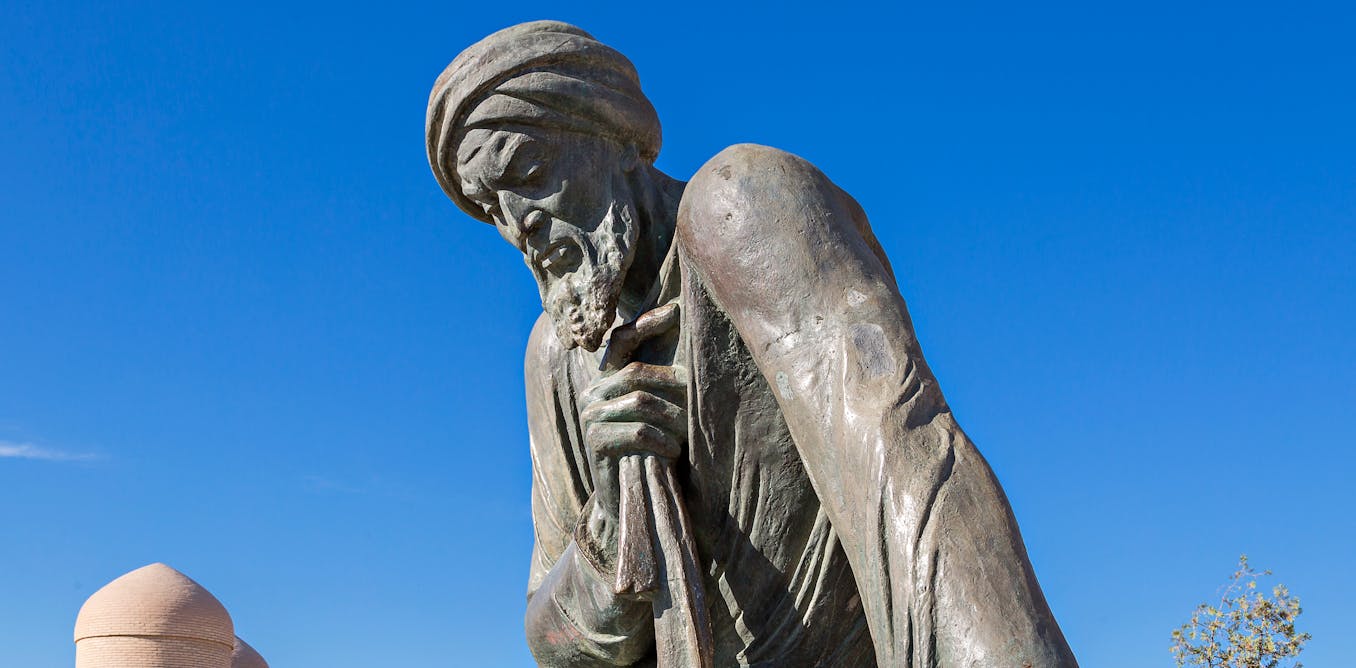Why are algorithms called algorithms? A brief history of the Persian polymath you’ve likely never heard of

🌈 Abstract
The article discusses the origins and significance of algorithms, tracing their history back to the 9th century Persian mathematician and polymath Muhammad ibn Mūsā al-Khwārizmī, who is considered the "father of algebra" and the "grandfather of computer science".
🙋 Q&A
[01] The Origin and Significance of Algorithms
1. Where does the word "algorithm" come from? The word "algorithm" comes from the Latinized version of the name of the Persian mathematician Muhammad ibn Mūsā al-Khwārizmī.
2. What were al-Khwārizmī's key contributions to mathematics and computer science?
- He invented the concept of algorithms and laid the foundation for the modern understanding of algorithms as a step-by-step procedure for solving problems.
- He introduced the Hindu-Arabic numeral system, which is the basis for modern computing technology.
- He wrote the first definitive book on algebra, which became the basis for algebra textbooks in European universities until the 16th century.
- He made important contributions to mathematics, geography, astronomy, and trigonometry.
3. How did al-Khwārizmī's work influence the development of computer science? Al-Khwārizmī's systematic approach to solving mathematical problems and his introduction of the Hindu-Arabic numeral system laid the foundation for the concept of algorithms, which are the core of modern computing technology. His work was foundational to the development of computer science as we know it today.
[02] Al-Khwārizmī's Life and Context
1. When and where did al-Khwārizmī live? Al-Khwārizmī lived from 780 to 850 CE, during the Islamic Golden Age, in the Khwarazm region (present-day Uzbekistan) and later in Baghdad.
2. What was the intellectual environment in which al-Khwārizmī worked? Al-Khwārizmī was a scholar at the House of Wisdom (Bayt al-Hikmah) in Baghdad, which was an intellectual hub where scholars were translating knowledge from around the world into Arabic and making progress in various disciplines, including mathematics.
3. How did al-Khwārizmī's religious beliefs influence his work? Al-Khwārizmī was a religious man, and his scientific writings often started with dedications to Allah and the Prophet Muhammad. The development of algebra was one of the major projects undertaken by Islamic mathematicians at the House of Wisdom.